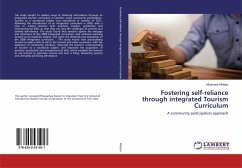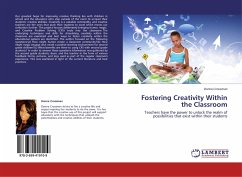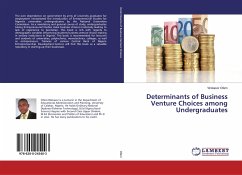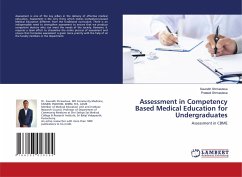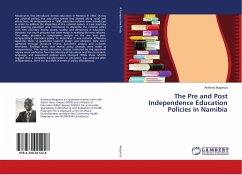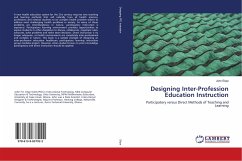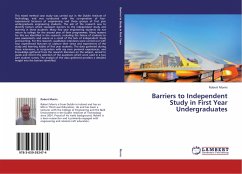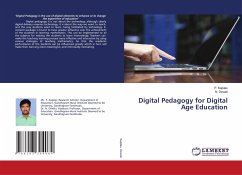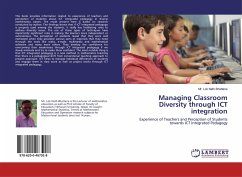
Fostering Creativity in Engineering Undergraduates
Versandkostenfrei!
Versandfertig in 6-10 Tagen
51,99 €
inkl. MwSt.

PAYBACK Punkte
26 °P sammeln!
Since their establishment in the 1960s, Universities of Technology in South Africa have been taking pride in providing career-focused qualifications that match the intermediate needs of the economy. In order to provide these career-focused qualifications, these institutions have been focusing on enacting a curriculum framework that emphasizes replication of industrial processes which tended to accentuate routinized, conventional problem-solving. The shift in economic paradigm in the 21st Century and the general dissatisfaction with graduate readiness in the workplace as evident in both local a...
Since their establishment in the 1960s, Universities of Technology in South Africa have been taking pride in providing career-focused qualifications that match the intermediate needs of the economy. In order to provide these career-focused qualifications, these institutions have been focusing on enacting a curriculum framework that emphasizes replication of industrial processes which tended to accentuate routinized, conventional problem-solving. The shift in economic paradigm in the 21st Century and the general dissatisfaction with graduate readiness in the workplace as evident in both local and international literature, framed as employability skills or generic skills, suggest a new impetus being placed on creativity, especially in engineering education. This study attempted to develop final-year undergraduates' creativity through making visible the key features of a pedagogic practice, by analyzing the existing engineering undergraduate pedagogic practices, and reconceptualizing and testing a pedagogy that could potentially develop undergraduates' creativity.



